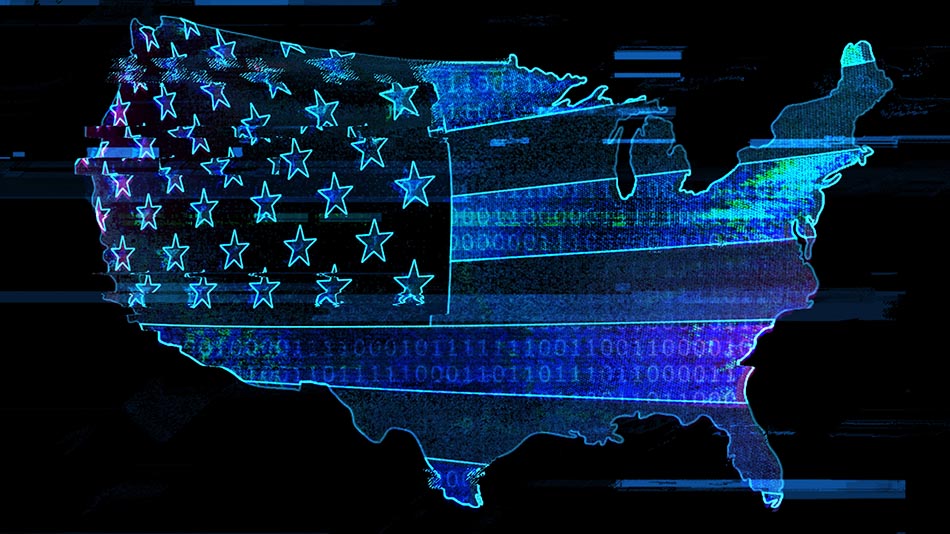
The majority of Americans have neither the broadband speeds nor prices that would qualify them as having access to the advanced communications that FCC chair Jessica Rosenworcel has proposed as table stakes for broadband availability.
That’s according to a survey from BroadbandNow, a comparison and research site tracking high-speed internet service in the U.S., meant to determine which states have the best and worst broadband.
In its latest proposal for what level of service should meet the congressional definition of advanced telecommunications being rolled out to all Americans in a reasonbable and timely fashion, Rosenworcel signaled that she wants to add 100% affordability to the definition.
The Federal Communications Commission is required to report to Congress periodically on progress toward universal broadband access, with the regulator empowered to regulate access to advanced telecommunications service if it concludes it is not being rolled out on a reasonable and timely basis.
Rosenworcel also wants to raise the FCC’s minimum definition of access to high-speed broadband to service at 100 Megabits per second downstream and 20 mbps upstream. The current standard is 25 Mbps upstream and 3 Mbps downstream, set in 2015.
According to the BroadbandNow survey, based on data from the FCC and other sources, speeds of 100 Mbps downstream and 20 Mbps upstream service are available to just 39% of Americans. While low-cost high-speed broadband access has increased, the survey found that “at least 20%” of Americans have access to broadband for $60 per month or less in all states, but in only one state, Wyoming, do more than half the residents have such access.
The top state for broadband access according to the survey was Delaware, whose former U.S. senator, President Joe Biden, has made universal access by the end of the decade one of his administration's major goals.
Alaska has the worst access, with 20% of residents unable to access broadband at the current high-speed definition of 25 Mbps upstream and 3 Mbps downstream.
BroadbandNow aggregates data to help consumers comparison-shop for wired and wireless broadband service. It advocates for municipal broadband and for raising the definition of high speed to 100 Mbps upstream and 20 Mbps downstream.







